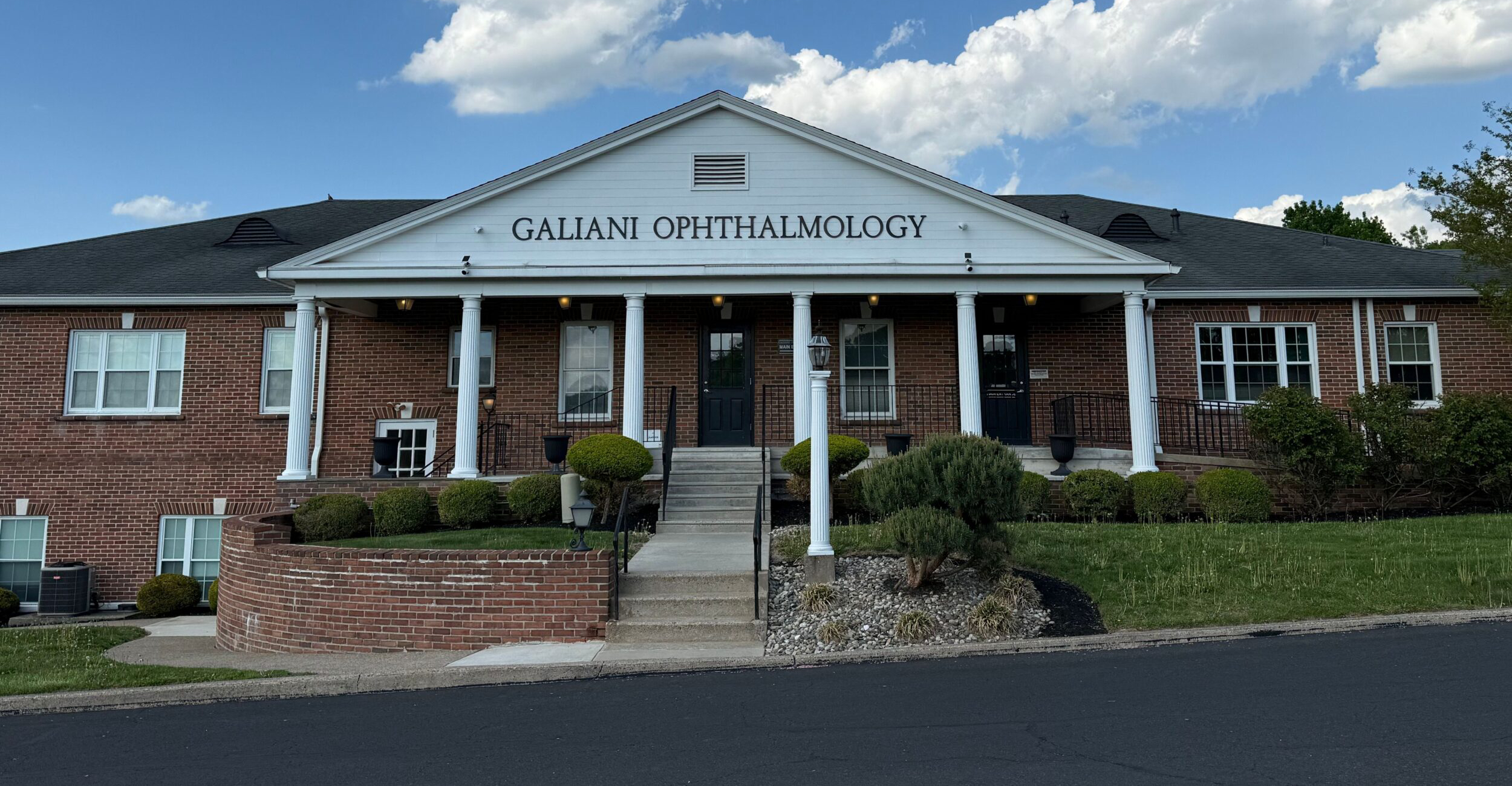Laser vision correction (ie LASIK and PRK) is a refractive procedure that reshapes the cornea to correct nearsightedness, farsightedness and astigmatism. Using targeted excimer laser beam energy, the procedure reshapes cornea tissue to reduce refractive errors so light rays are focused more precisely on the retina to produce clear, sharp vision. At Galiani Ophthalmology Associates, our doctors employ only the most advanced technology. Below are some frequently asked questions about laser vision correction.
Laser vision correction changes the shape of the cornea in order to sharpen images on the retina, allowing the eye to see more clearly. We perform two type of laser vision correction; one is LASIK the other is PRK.
In LASIK, a laser makes a flap in the cornea. The flap is lifted and the cornea tissue underneath is reshaped. The flap is then replaced and heals.
In PRK, the laser treatment is done to the surface of the cornea after removing the surface cells. These surface cells then fill in and heal over the next few days.
The laser can treat astigmatism, far-sightedness (hyperopia), and near-sightedness (myopia).
It’s impossible to know what the right procedure, if any, is right for you without a full exam. When you come for a laser vision correction evaluation, we will take measurements and perform a thorough exam in order to determine your candidacy. In general, you must be at least 18 years old, not pregnant or nursing, and have stable vision for at least six months.
First of all, if you have any questions, bring them with you! We’ll be happy to discuss all of them.
Secondly, if you wear contacts, we will need you to have them out prior to your exam. This is important – we want the most accurate measurements possible! If you wear soft contact lenses, we would like you to have them out for two weeks leading up to the exam. If you wear toric (astigmatism) correcting soft contact lenses, we would like them out for four weeks. If you wear hard contact lenses, call us so we can advise you what to do.
As the natural lens in the eye ages, we lose the ability to focus at near without reading glasses. Laser treatments cannot fix this lens but can be used to make one eye a little near-sighted. This is called blended vision or monovision. We will perform special tests to see if you’re a candidate for this option.
Other options include implantable contact lenses (ICLs) or operating on the natural lens inside the eye. ICLs are capable of correcting very high degrees of nearsightedness and provide excellent vision quality.
While patients can achieve clear vision from laser vision correction, this procedure does not prevent the development of presbyopia – the age-related vision changes that occur after the age of 40. Many patients will need reading glasses for this condition. Other naturally occurring, age-related changes including cataract formation can affect the eye and require glasses or surgery to correct.

